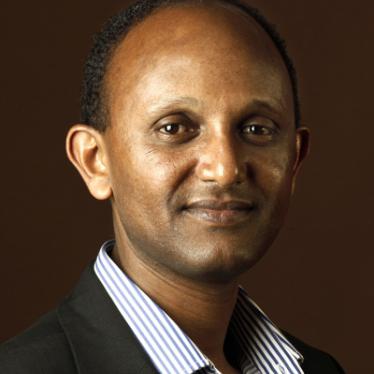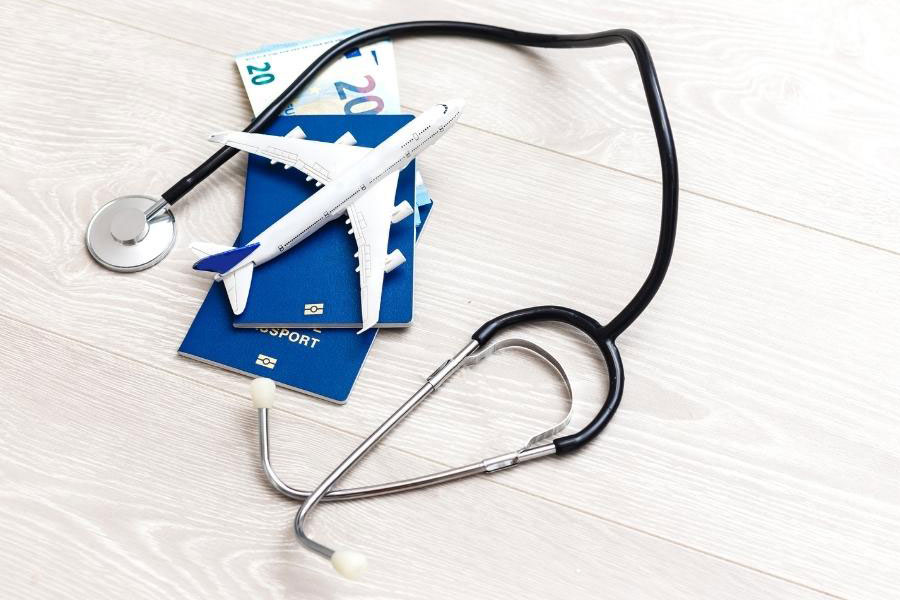
Sep 1 , 2024
By Eden Sahle
I have always been terrified of hospitals. It began in high school and ultimately reshaped my academic and professional aspirations.
Growing up, I dreamed of becoming a heart surgeon, after learning that the scarcity of such specialists in Ethiopia led to the untimely deaths of many who could not afford treatment abroad.
I studied diligently. But everything changed after I visited a hospital for the first time. The overwhelming trauma and pungent odours made it clear to me that I did not possess the emotional resilience required to witness the suffering of others daily. The prospect of a medical career suddenly seemed unbearable.
While my father respected my decision to pursue a different path, my school spent a month trying to convince me to return to my original dream of becoming a doctor. I was a top student, and they considered it a loss for someone with my academic standing to give up on a medical career. Nevertheless, I decided to chart a new course and became a lawyer, driven by a desire to help the vulnerable.
Over time, I developed a near-phobic aversion to hospitals. I only visited my brother, who practices medicine, a handful of times—and even then, only upon his insistence—because the hospital environment filled me with dread. A few months ago, the institution where I was receiving prenatal care deviated from its usual protocol, allowing my husband to stay by my side during a cesarean delivery.
I endure illness rather than seek medical attention at a hospital. However, recently, when my engagement and wedding rings became painfully stuck on my swollen fingers, my family suggested I visit a hospital reputed for not feeling like a typical one I was terrified of. They were right.
I did not hesitate to return to this hospital for multiple follow-up visits. I even felt comfortable bringing my daughter along. The hospital, which used to be a hotel, is remarkably clean and free from the typical hospital odour. The staff, from guards and parking attendants to customer service representatives, cashiers, cleaners, nurses, pharmacists, and doctors, all provide courteous and efficient service to every person who walks through the door.
Their respectful and polite demeanour is infectious. Nurses in traditional embroidered clothing warmly greet patients and promptly direct them to specialist doctors. The doctors speak calmly and slowly, using language the patient can understand, and they take the time to answer questions thoroughly. They explain the causes of pain and the planned treatment before proceeding.
I learned that the hospital management invests in training its staff to maintain high professional standards and respect for others. The calm and efficient service creates a tranquil environment, even for those dealing with severe health issues.
This experience made me realise that beyond the trauma of illness and injury, it is also the lack of respect and the chaos in many hospitals that have contributed to my fear. Witnessing patients receive timely and compassionate care made suffering a bit more bearable.
It is refreshing to see institutions that value people enough to train their employees to provide respectful and professional service. Encountering polite, smiling, and respectful service providers encourage customers to return willingly.
It costs nothing to treat others with kindness and respect, yet it can brighten someone's day. Those infamous for mistreating and disrespecting customers have much to learn from these establishments that prioritise treating people with dignity. Respect and kindness are beneficial to the receiver but they should also be part of the marketing strategy for businesses.
PUBLISHED ON
Sep 01,2024 [ VOL
25 , NO
1270]

Sunday with Eden | Oct 07,2023

Life Matters | May 24,2025

Verbatim | Jul 20,2019

Life Matters | Dec 19,2021

Sunday with Eden | Feb 05,2022

Featured | Oct 06,2024

Verbatim | Apr 29,2023

Verbatim | Aug 12,2023

View From Arada | Jun 28,2025

Agenda | Oct 30,2021

Photo Gallery | 174419 Views | May 06,2019

Photo Gallery | 164644 Views | Apr 26,2019

Photo Gallery | 154816 Views | Oct 06,2021

My Opinion | 136669 Views | Aug 14,2021
Editorial | Oct 11,2025

Dec 22 , 2024 . By TIZITA SHEWAFERAW
Charged with transforming colossal state-owned enterprises into modern and competitiv...

Aug 18 , 2024 . By AKSAH ITALO
Although predictable Yonas Zerihun's job in the ride-hailing service is not immune to...

Jul 28 , 2024 . By TIZITA SHEWAFERAW
Unhabitual, perhaps too many, Samuel Gebreyohannes, 38, used to occasionally enjoy a couple of beers at breakfast. However, he recently swit...

Jul 13 , 2024 . By AKSAH ITALO
Investors who rely on tractors, trucks, and field vehicles for commuting, transporting commodities, and f...

Oct 11 , 2025
Ladislas Farago, a roving Associated Press (AP) correspondent, arrived in Ethiopia in...

Oct 4 , 2025
Eyob Tekalegn (PhD) had been in the Governor's chair for only weeks when, on Septembe...

Sep 27 , 2025
Four years into an experiment with “shock therapy” in education, the national moo...

Sep 20 , 2025
Getachew Reda's return to the national stage was always going to stir attention. Once...

Oct 12 , 2025
Tomato prices in Addis Abeba have surged to unprecedented levels, with retail stands charging between 85 Br and 140 Br a kilo, nearly triple...

Oct 12 , 2025 . By BEZAWIT HULUAGER
A sweeping change in the vehicle licensing system has tilted the scales in favour of electric vehicle (EV...

A simmering dispute between the legal profession and the federal government is nearing a breaking point,...

Oct 12 , 2025 . By NAHOM AYELE
A violent storm that ripped through the flower belt of Bishoftu (Debreziet), 45Km east of the capital, in...